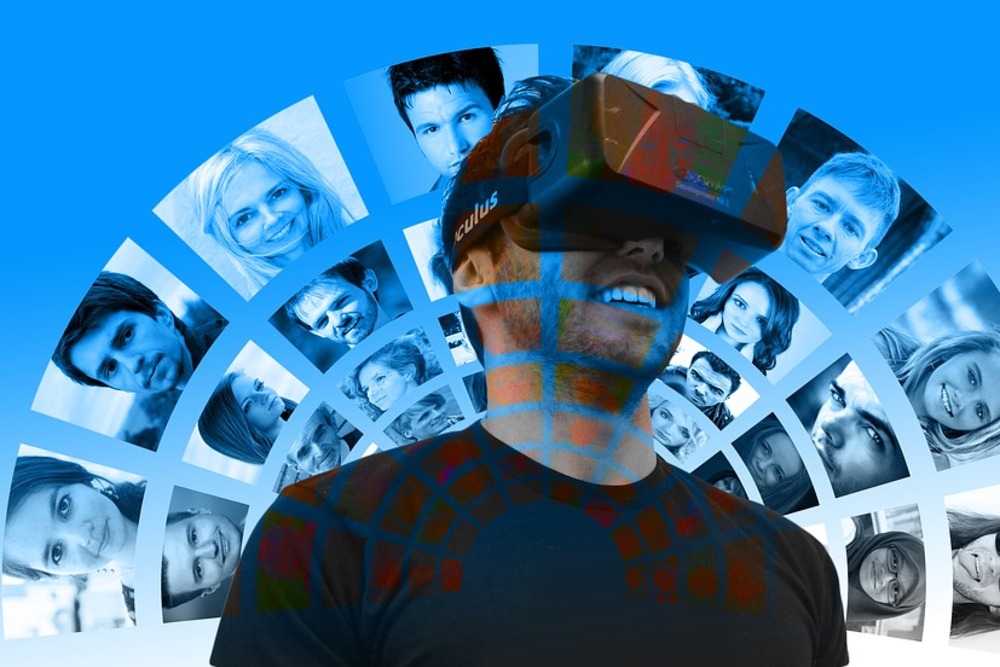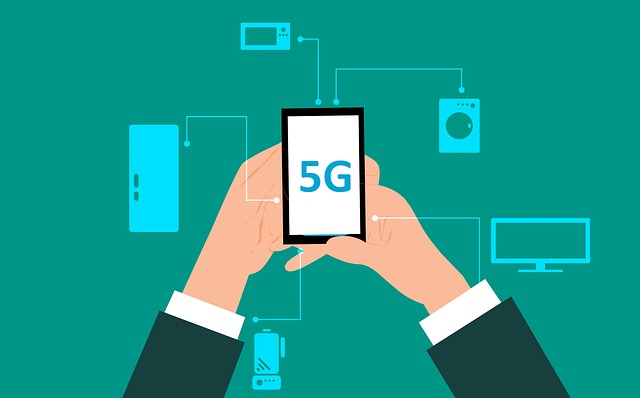Immersive technology is set to alter the education arena based on some of the innovations that will be rendered.
Realistically, education is one of the key sectors being disrupted by technological advancements.
Immersive technology entails innovations, such as virtual reality (VR), that seek to emulate the physical world by utilizing simulated or digital devices. As a result, a sense of immersion is created.
Immersive technology should be embraced in education systems
Immersive technology is part of the fourth industrial revolution or 4IR set to propel workforce automation for optimal productivity and efficiency.
Education systems should, therefore, be transformed to incorporate these technological advancements as this will present learners with a competitive edge.
Students cannot escape this reality because they should be ready for continuous learning and upskilling.
The Education Technology (EdTech) sector is set to be a multi-billion industry by 2020 to the tune of $252 billion.
Immersive technology’s prospects
Augmented reality (AR) is part of immersive technology. It is speculated that it can change the education arena in different ways. For instance, it can be utilized for augmenting field trips, whereby interactivity and vital information will be availed.
Additionally, AR can assist in foreign language studies by maximally translating text. It also has the capability of making subjects, such as electromagnetism and coral reefs, lively by using applications like Google Expeditions. On the other hand, VR can be instrumental in creating empathy.
On the other hand, e-gaming is set to transform the education sector. For example, a virtual gaming platform is expected to assist medical students in gaining practical skills. Moreover, the education gamification market has grown by more than thirty percent (30%).
Furthermore, K12 robotics education is significantly being embraced in many schools as learners at this level will graduate at a time when technology will be reigning supreme. For instance, robots will be highly utilized in everyday life.
K12 robotics education is crucial as it equips the learners with fundamental skills, such as programming, analytical thinking, innovation, collaborative thinking, and teamwork. It is, therefore, becoming mainstream in many schools as it makes students all-rounded.







